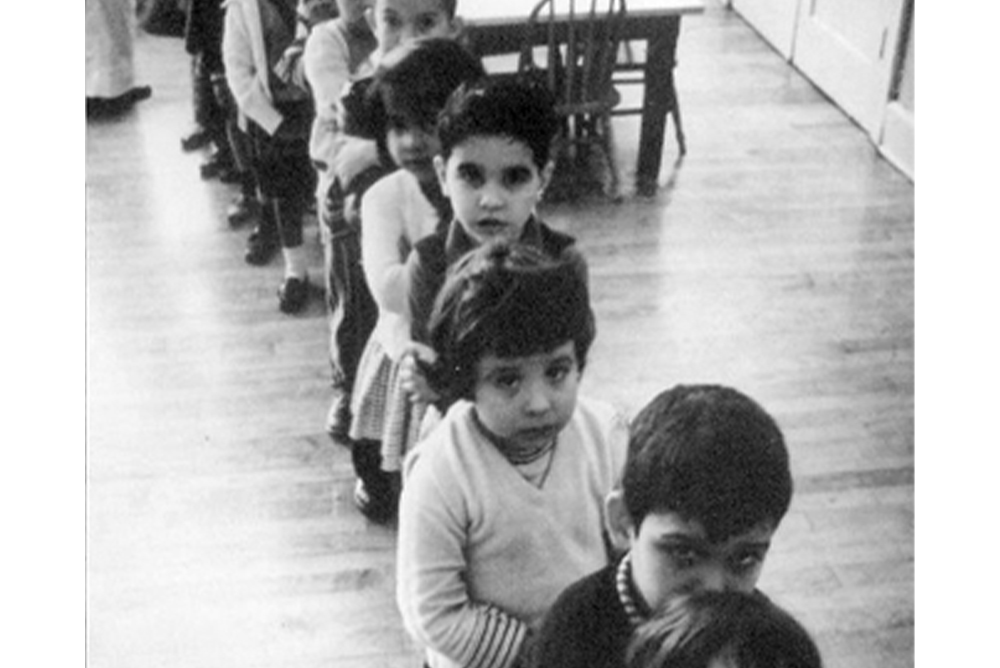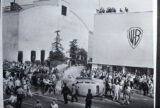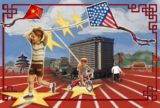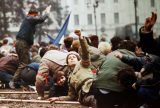When the U.S. Welcomed the ‘Pedro Pan’ Migrants of Cuba
Cold War America Resettled Unaccompanied Minors as an Anti-Communist Imperative. Today, the Nation Forgets This History
When Fidel Castro took over Cuba in 1959, 13-year-old José Azel joined the ranks of the underground opposition engaging in acts of sabotage. When Castro closed the country’s schools, José’s father became worried. So he sent his teenage boy on a brief trip to West Palm Beach in June 1961 on a cargo ship full of seminarians. It was the last time they saw each other.
From 2021 to June 2023, U.S. Customs and Border Protection reported just over 400,000 “encounters” with unaccompanied children. The quality of care for these kids …










